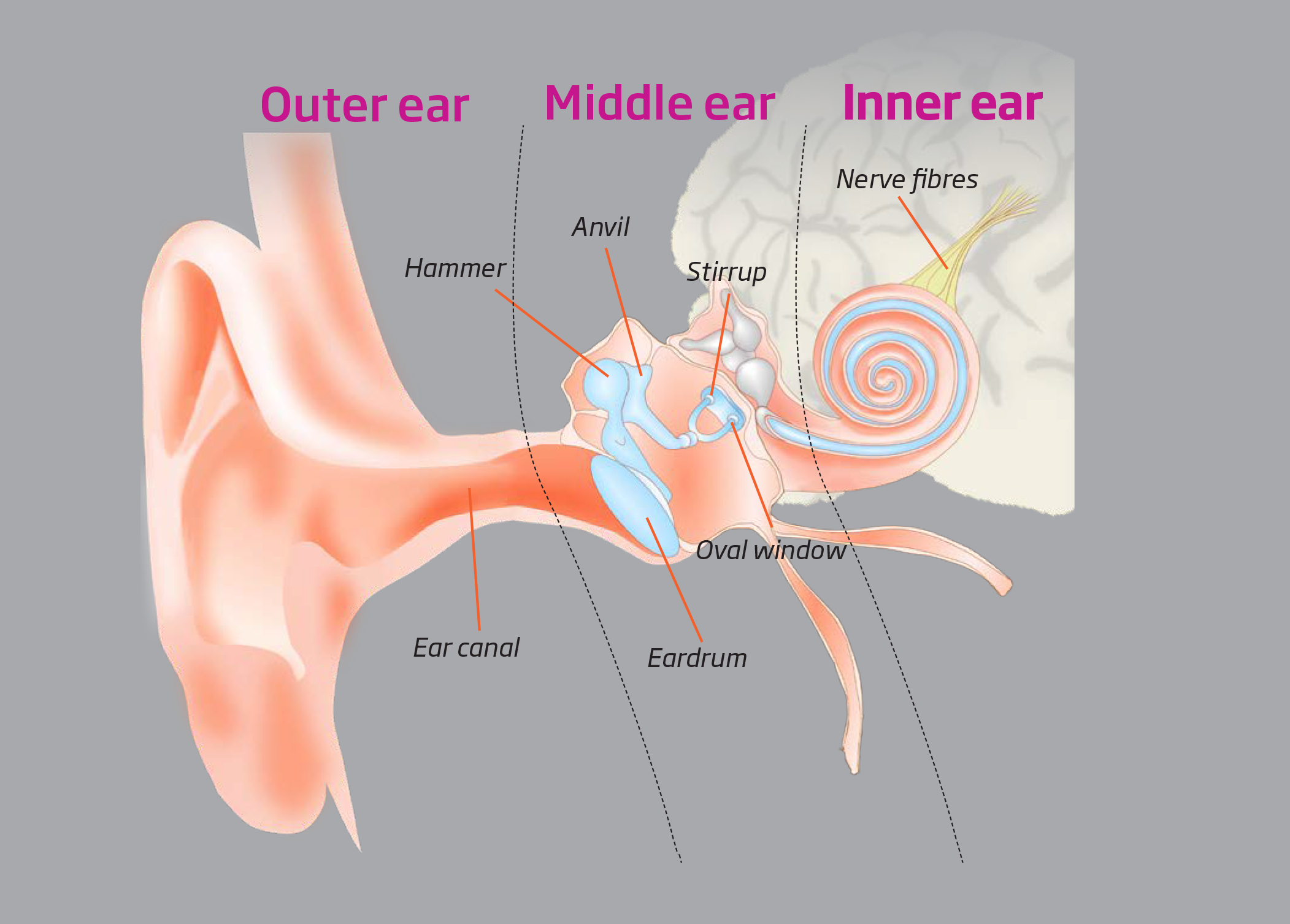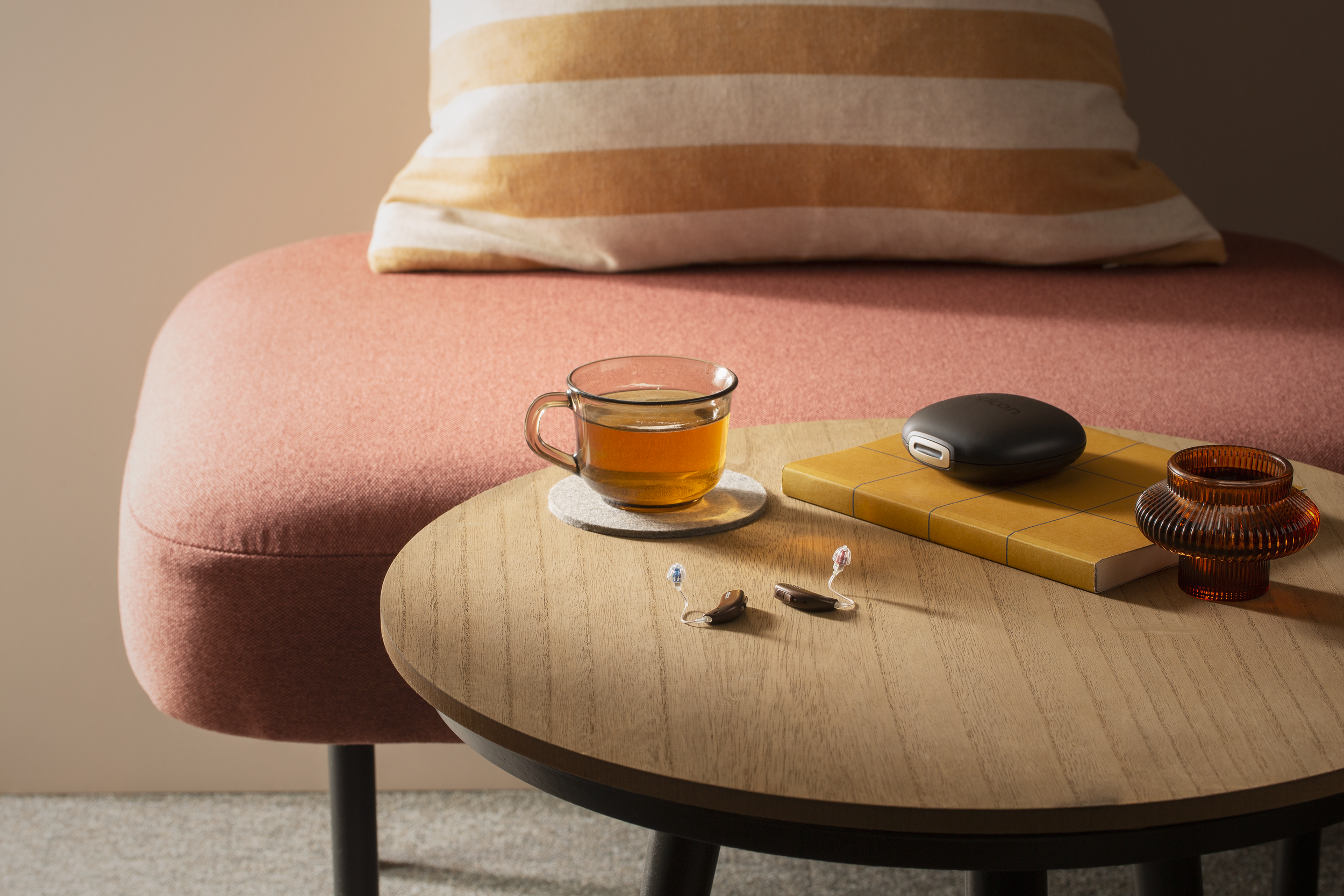The very best hearing aids for adults over 70
When choosing the most appropriate hearing aid for someone in the 70s, 80s or even 90s and beyond, the factors to consider first are dexterity, the degree of hearing loss and features that will improve quality of life outside of just being able to hear conversations again.
These days, automation is baked into the hearing aids to allow people to set and forget; they put the hearing aids in after waking up and then just leave them to optimise their hearing throughout the day before taking them off before bed.
This technology allows a constant monitoring of the environments the wearer is in and alters certain characteristics of the sound to make it as clear and comfortable as possible; from watching TV at home to talking in the car whilst out for some shopping.
When considering hearing aids for anyone over the age of 70, it’s important to know what the functional hearing is, what the optimum hearing ability could be and bridge that gap.
For those of us fortunate to reach our 7th decade in life, we’ve seen and heard a lot of things over the years and this gradually takes it’s toll on our ears and thus hearing.
Inside our Inner Ear, there are thousands of tiny delicate cells that get bombarded by sound waves over the years. As a result, our hearing deteriorates.
Usually this is an exceptionally slow process and happens over decades. By our 70s, this deterioration will likely have been happening for quite some time and the amount being mis-heard or missed completely increases; sometimes with frustrating consequences for the individual or family and friends.
Hearing Aid Features to consider for adults over 70
Ease of insertion
This can be quite a fumble at first, going the wrong way or trying to put the devices in upside down and back-to-front because we never do anything around our ears so have not ‘mapped’ it to the degree we know where ever flap, crease and curve are. Thankfully, this is something we can learn super quickly and all we need to do is practice - the more we do it, the easier it becomes. Hearing aid shape and size can also help, which the Audiologist would be able to guage and advise on.
Simple Complexity
Hearing aids are pretty smart electronic devices these days and contain programming and features that open a whole new world of listening possibilities for users. Thankfully, they do this whilst remaining incredibly easy to use. Devices can be set up depending on the individual’s personal needs and can be as alterable or automatic as needed and can of course be changed over the years to meet needs as they arise.
For instance, having the ability to control the volume of the hearing aid via an app on a mobile phone vs having the hearing aid determine what volume is necessary for distinct environments in which we find ourselves.
Power Requirements
Because we’ve had longer listening lives by the time we reach 70 and above, it typically means that our hearing has deteriorated further and would be considered to be worse than the average person a decade younger. This then means that more power is needed to correct the issue; more comfortable clarity and disctinction to be maintained over each and every day. This is something the Audiologist can account for; ensuring you have enough power to match the hearing loss.
As a direct consequence, more power means a particular power source (i.e. the batteries!) Batteries can be rechargeable or disposable.
Rechargeable hearing aids have quickly become the most popular amongst hearing aid wearers due in most part to the ease of not having to change the battery or remember to switch them on or off each day; again another level of automation for an easier life.
Disposable batteries are often used for the most significant hearing losses - those needing constant high output throughout the day - and offer this thanks to their larger sizes available.
“Having moved to Scotland in 2019 and finally being able to look after my Grandparents’ hearing, it was so empowering to see them engaging in conversations once again and regaining a little lost youth; all down to what hearing they were unaware of missing!
“I’m humbled as a clinician to provide this quality of life improvement to everyone’s parents and grandparents.”
Mr Donald Gordon - Founder & Principal Audiologist of Waves Hearing


